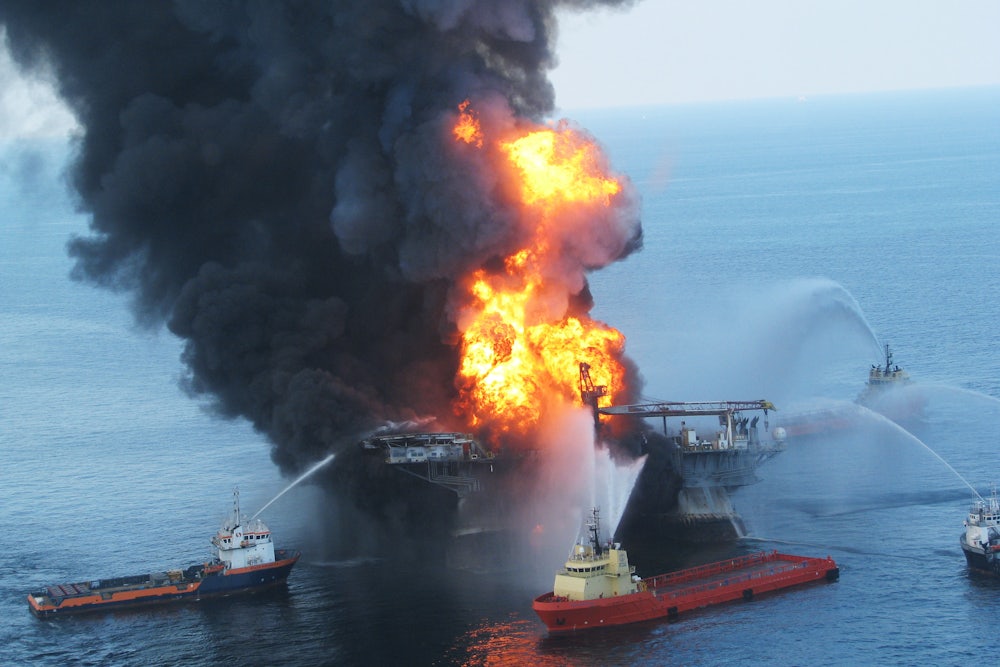President Donald Trump’s decision to allow offshore drilling along most of America’s coasts is proving unpopular with Democratic and Republican governors alike. Florida Governor Rick Scott, a Republican expected to run for U.S. Senate this year, announced his opposition on Twitter and asked to meet with Interior Secretary Ryan Zinke. After that meeting, Zinke announced that Florida would be exempt from offshore drilling because the state “is unique and its coasts are heavily reliant on tourism as an economic driver.” Now, other states are asking for relief, too.
New York doesn't want drilling off our coast either. Where do we sign up for a waiver @SecretaryZinke? https://t.co/dt1rJAEna1
— Andrew Cuomo (@NYGovCuomo) January 10, 2018
.@SecretaryZinke: California is also "unique" & our "coasts are heavily reliant on tourism as an economic driver." Our “local and state voice” is firmly opposed to any and all offshore drilling.
— Xavier Becerra (@AGBecerra) January 10, 2018
If that's your standard, we, too, should be removed from your list. Immediately. https://t.co/T6W6JaPCPh
But state leaders aren’t the only ones cool to Trump’s decision. As Axios reported on Thursday, “BP CEO Bob Dudley showed a muted appetite for pursuing drilling in new areas off America’s coast.” While BP is trying to reduce oil exploration in the wake of the 2010 Deepwater Horizon oil spill, Amy Harder writes, “Dudley’s caution is likely shared by other major oil companies” because of four factors: the low price of oil, the high cost of offshore oil exploration and drilling, the industry focus on inland oil and natural gas, and the political, regulatory, and litigation hurdles to offshore drilling. California, for instance, has “powerful legal tools to head off new offshore development,” according to The Los Angeles Times. Ralph Faust, former general counsel for the California Coastal Commission, told the paper. “I don’t think there’s any reasonable chance that there will be any leasing or drilling along the coast.”
